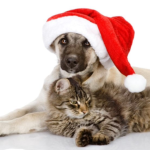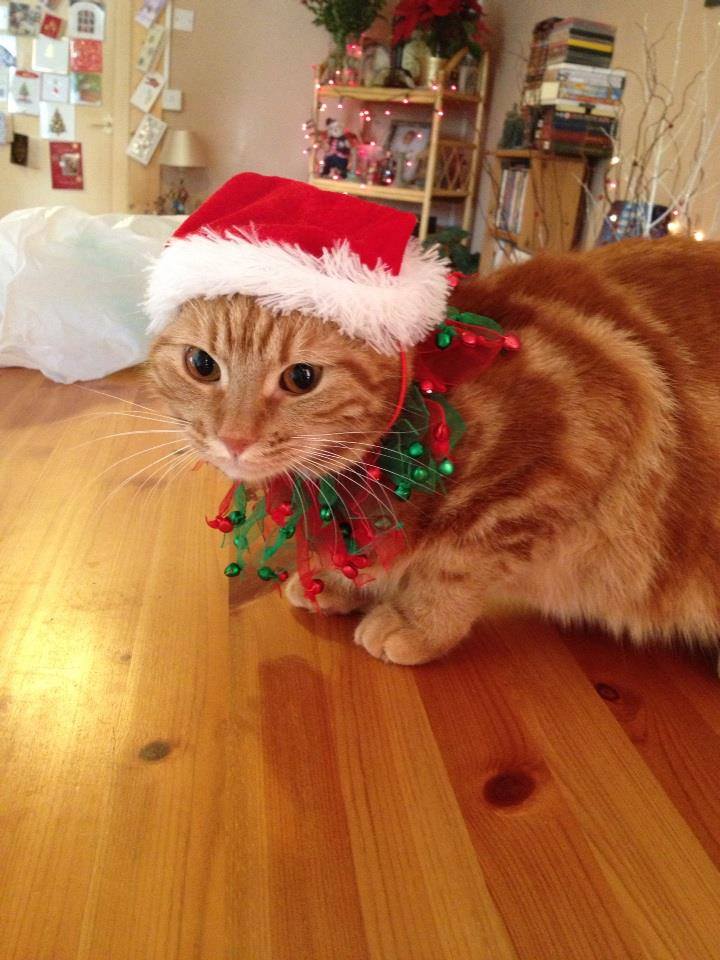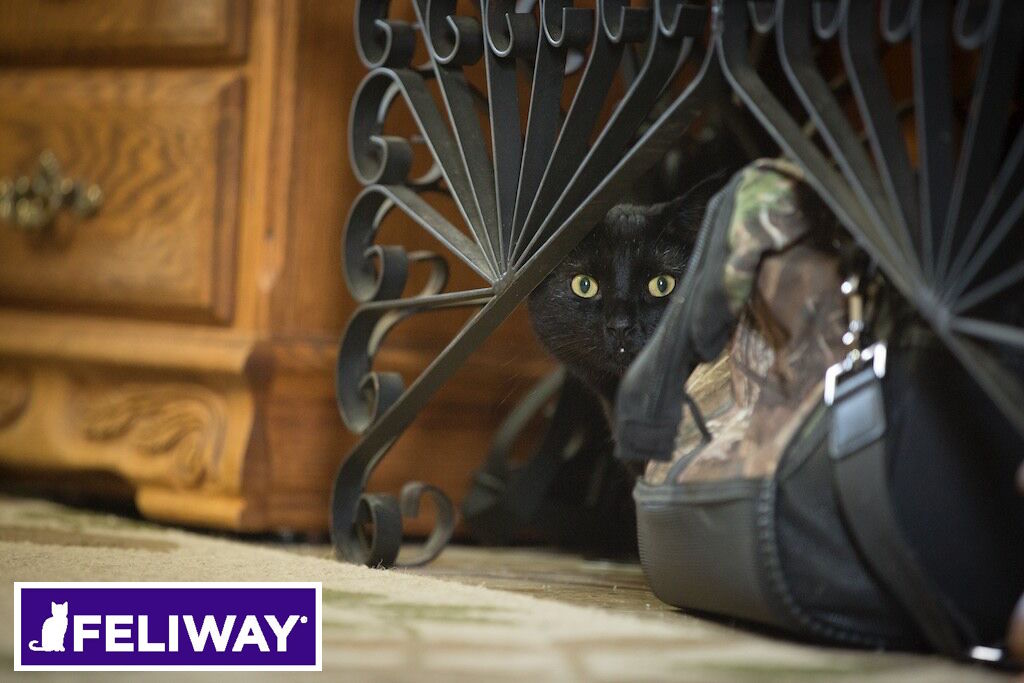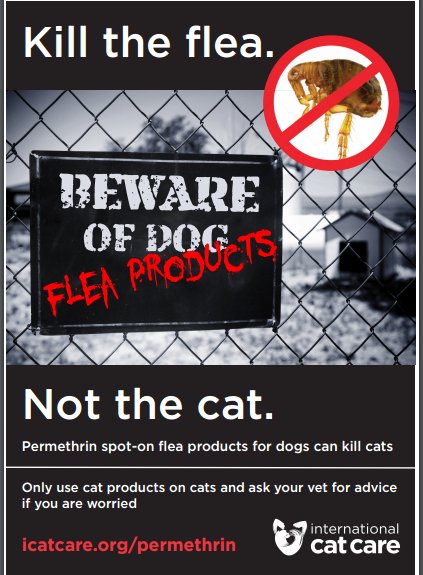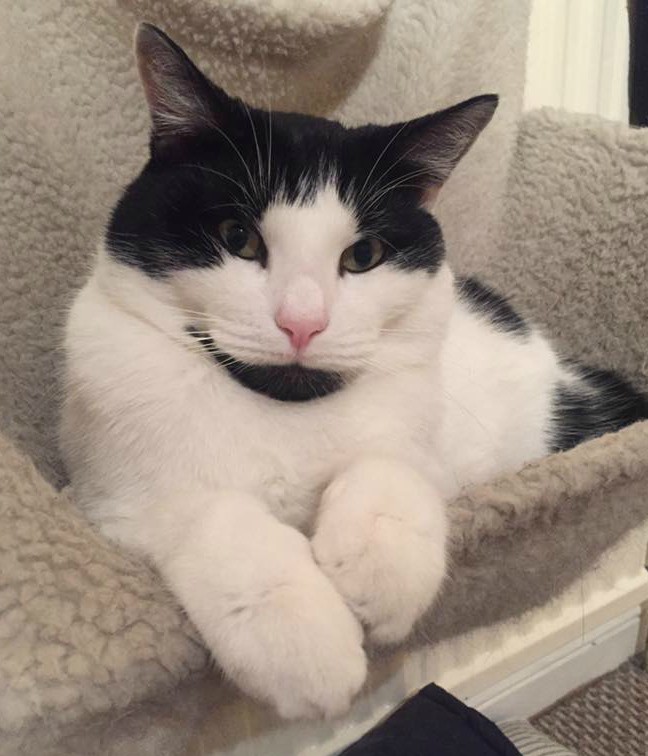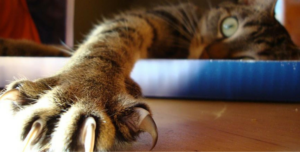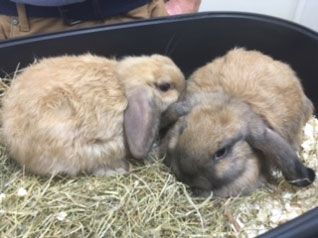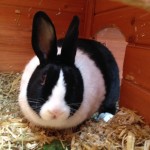
fireworks dog
Every year we receive a number of requests for help from owners who are worried about how their pets react to fireworks. Both cats and dogs can suffer from noise related phobias around this time and it is important to plan in advance if you want to tackle this problem.
After the fireworks begin, your pet may begin to show odd behaviour such as restlessness, making excessive noise or hiding away in a corner. If you have noticed any of these signs in the past, there are a few things that you could do to reduce their stress this year.
* Keep all of your pets inside during firework displays. Ensure that any windows or cat flaps are shut and that the curtains are drawn.
* Take your dog for a walk before the fireworks begin so that they are not startled whilst they are outside.
* It is important for you to remain in the house with your pet during any firework displays, but try not to act any differently towards them. If you act normally, your pet will feel calmer.
* If your pet prefers to hide somewhere in the house, just let them hide and they will come out when they feel safer.
* Try offering your pet a distraction. Treats or a toy can help them to feel more relaxed, but do not try and force them to play.
* Do not punish your pet for their behaviour during firework night, as this can lead to worsening anxiety.
It is important to stress again that if your pet prefers to hide, do not try to force them to sit with you. If you have enough time, try creating a safe place for them to hide in before the fireworks begin. You could use your dog’s crate or bed if they have one, or if you have a cat, a large cardboard box will do. Try and line them with blankets or towels that your pet is used to sleeping on, as these will smell comforting. Do not force your animal into the safe place, as again this can make them feel uneasy.
Ensure that each pet has a separate hiding place and that cats have an opportunity to hide away from each other. Note that some cats actually prefer hiding somewhere high up, like on top of a wardrobe. Never shut your animal in a cage, or inside one room, as they will feel trapped.
There are also some supplements that you could try to help keep your pet calm.
* For dogs – ADAPTIL is a product that contains Dog Appeasing pheromone. It is a copy of a pheromone that a bitch releases to comfort her puppies and should help to reassure and calm your dog. It comes as a plug –in, a spray or a collar. Adaptil should be started 2 weeks before firework season for maximal effect.
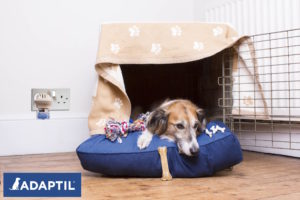
How to help make your dog feel safe during fireworks season.
* For cats – FELIWAY is a product that contains facial pheromones. These are pheromones that your cat will leave on an object when they rub their head against it, and will make them feel safe and secure. This comes as a plug-in or a spray. Feliway should be started 2 weeks before firework season for maximal effect.
* For both dogs and cats – ZYLKENE is a supplement derived from milk proteins that can help to make your pet feel more relaxed. These supplements should be started at least 1-2 days before any fireworks are expected.
If your dog is very anxious we do on occasion dispense tranquilizers, but we would advise that the above methods are tried if possible also.
It is possible to try to desensitize your pets to firework noises using a download available from itunes called ‘Sounds Scary’ although this may take some weeks to have an effect.
If you are worried about your pet’s behaviour and would like some advice, please do not hesitate to call us. Please also visit www.zylkenepet.co.uk, www.feliway.com/uk, or www.adaptil.com/uk.
Enjoy a safe Bonfire night!
Young Veterinary Partnership
www.youngvets.co.uk

